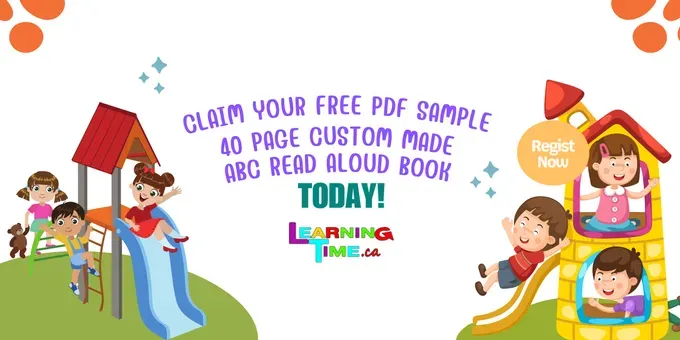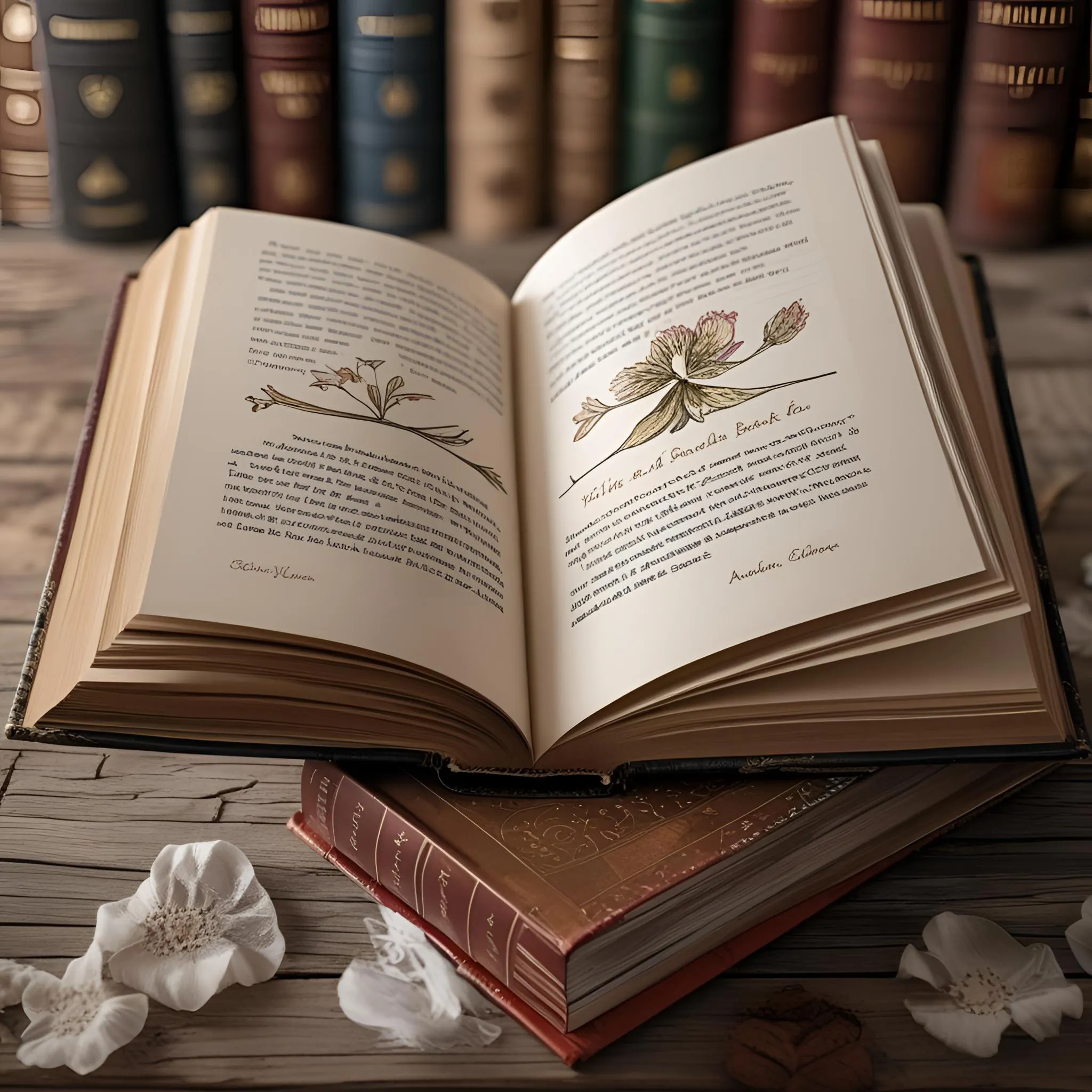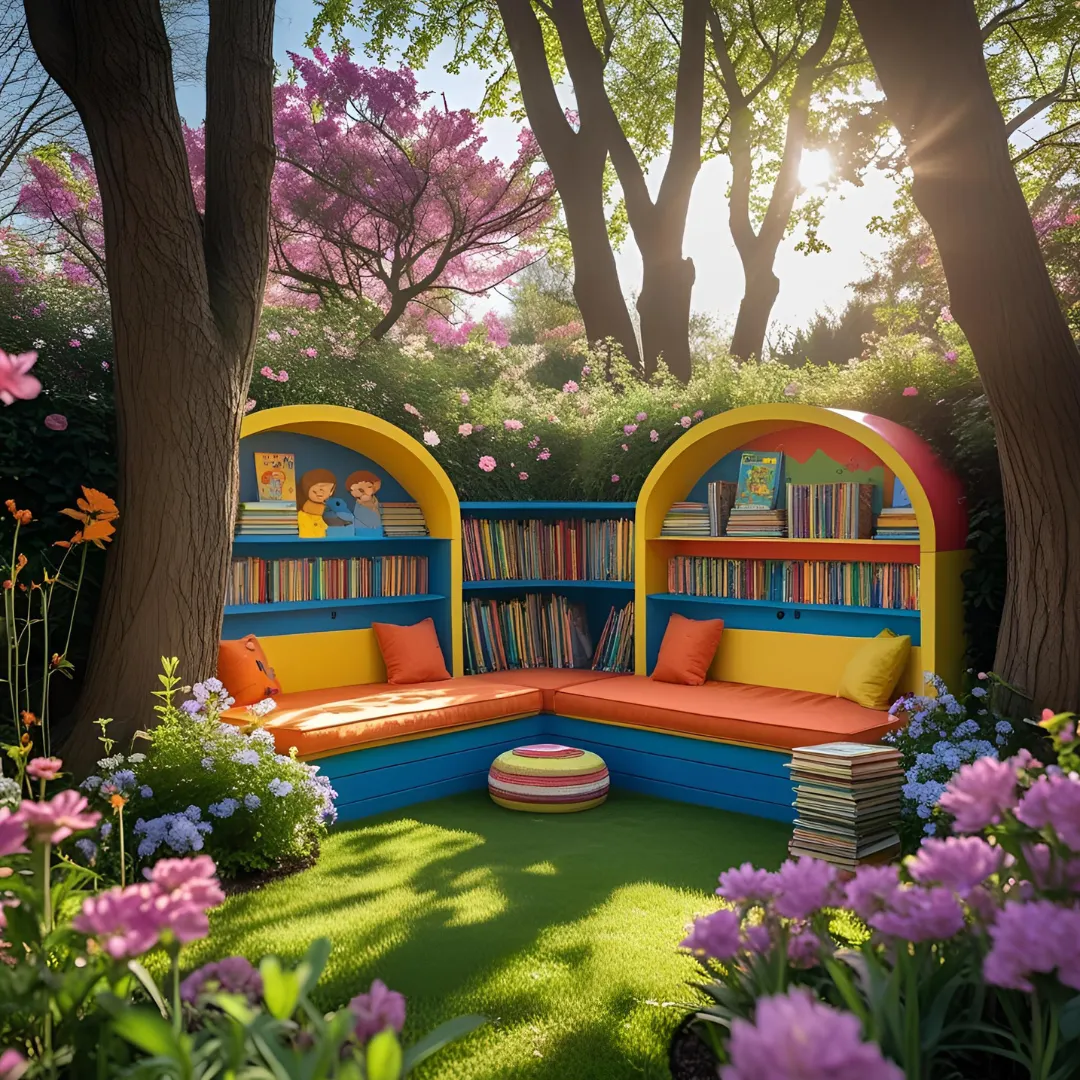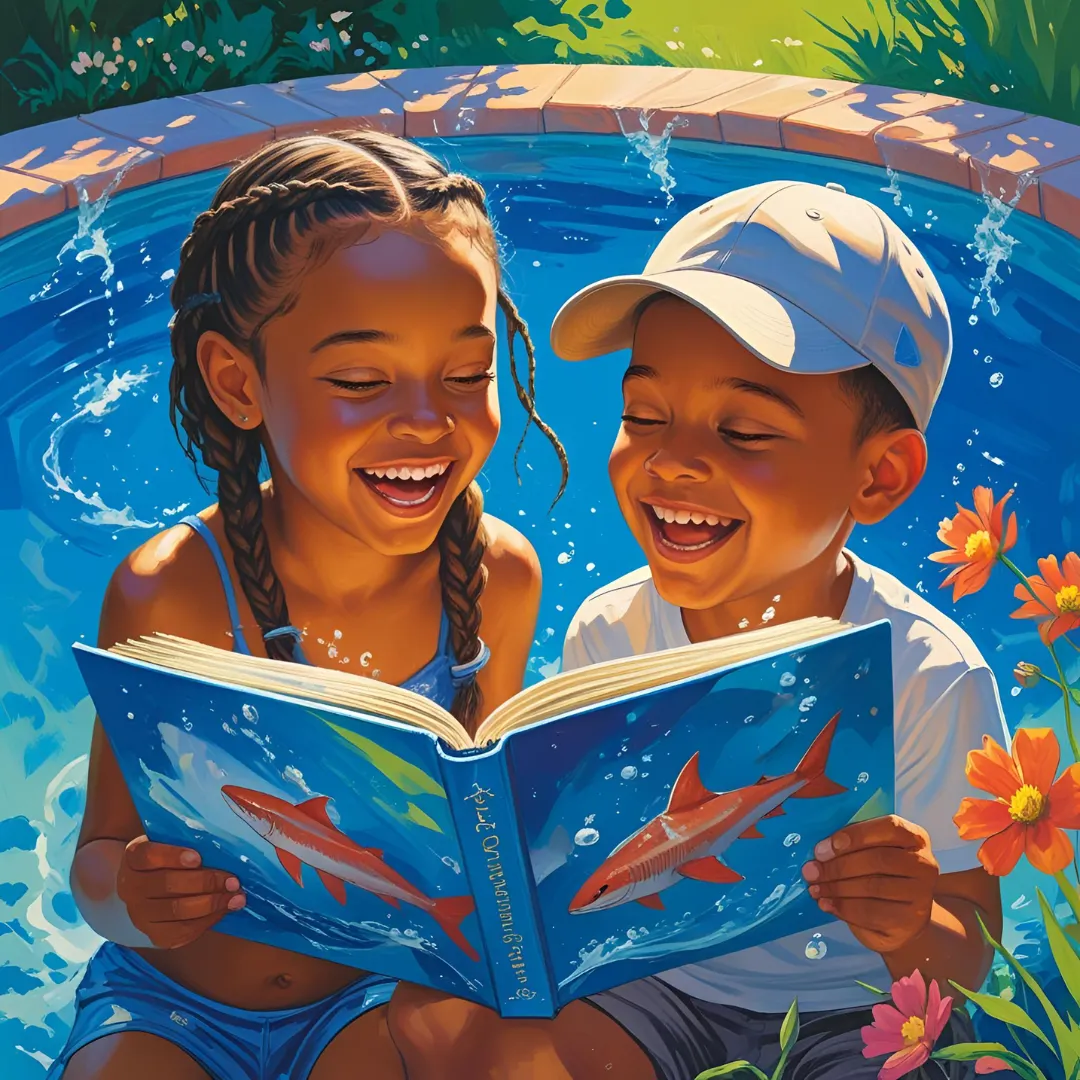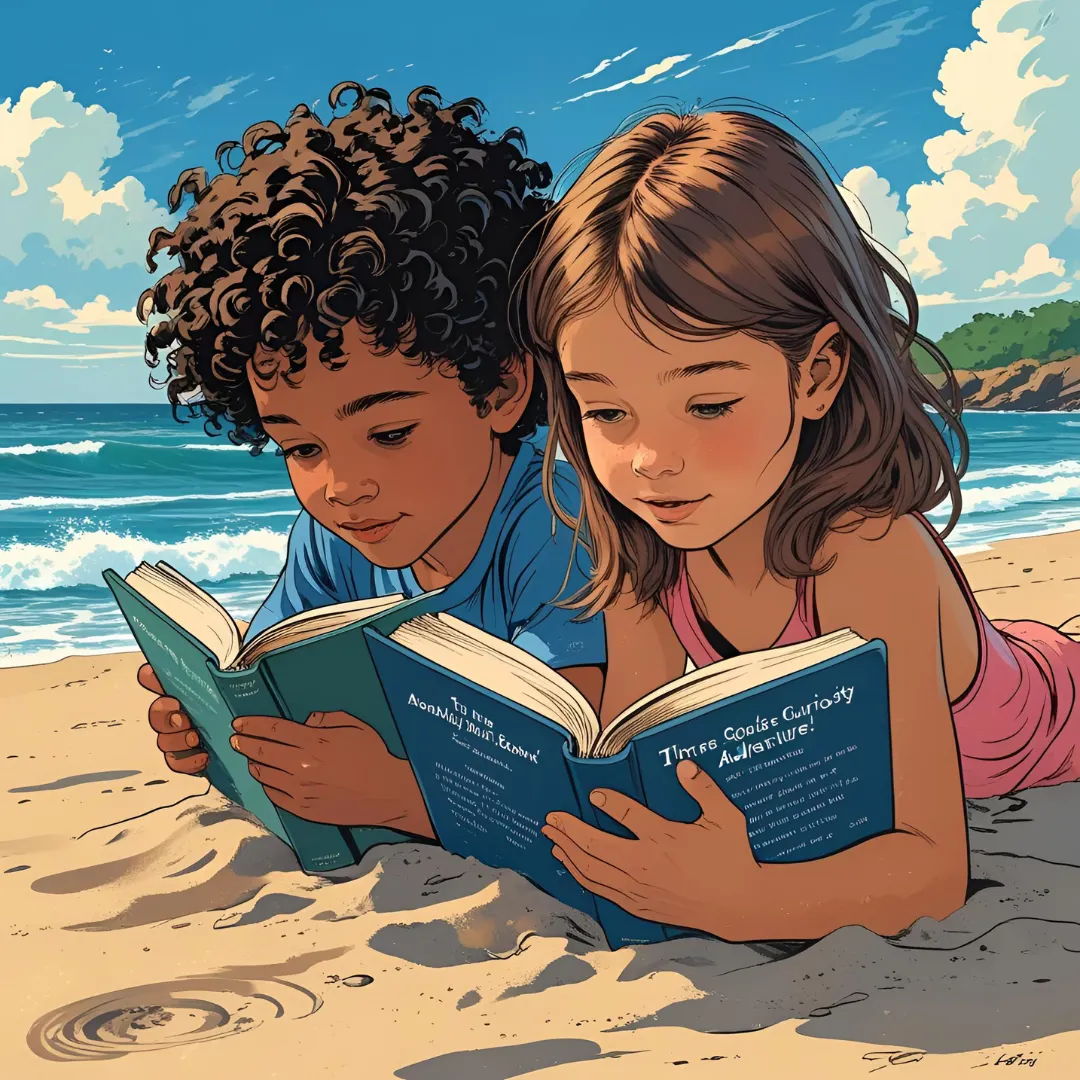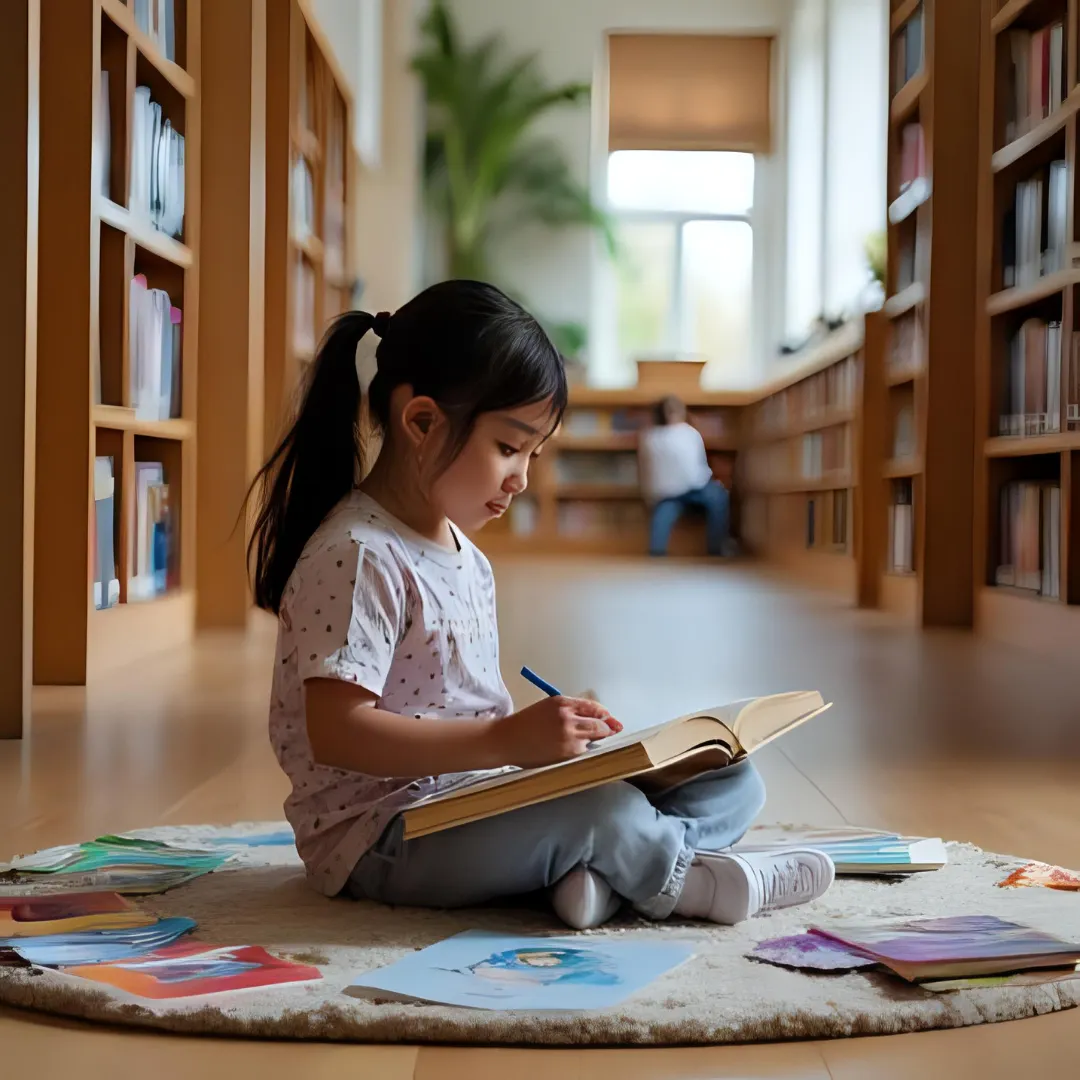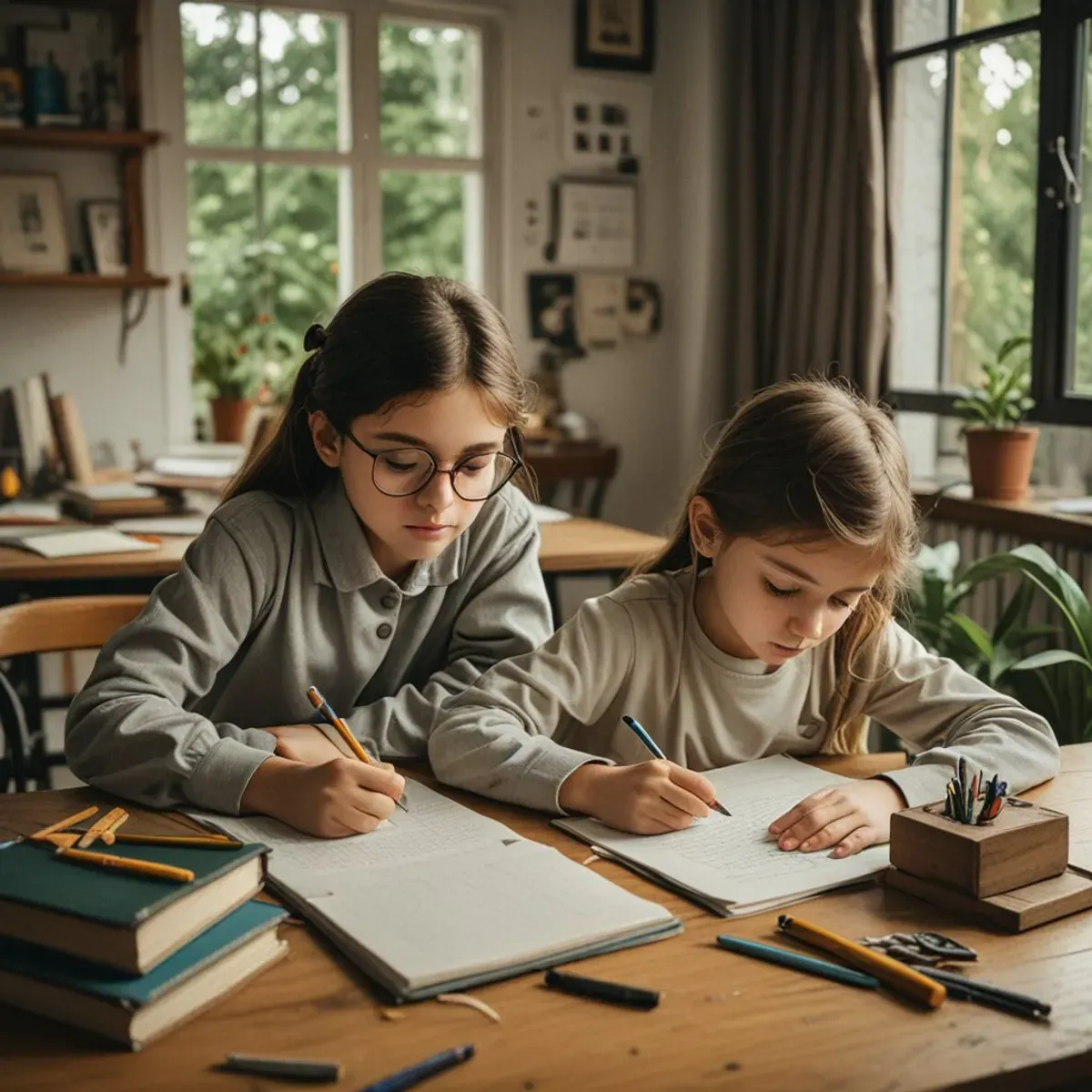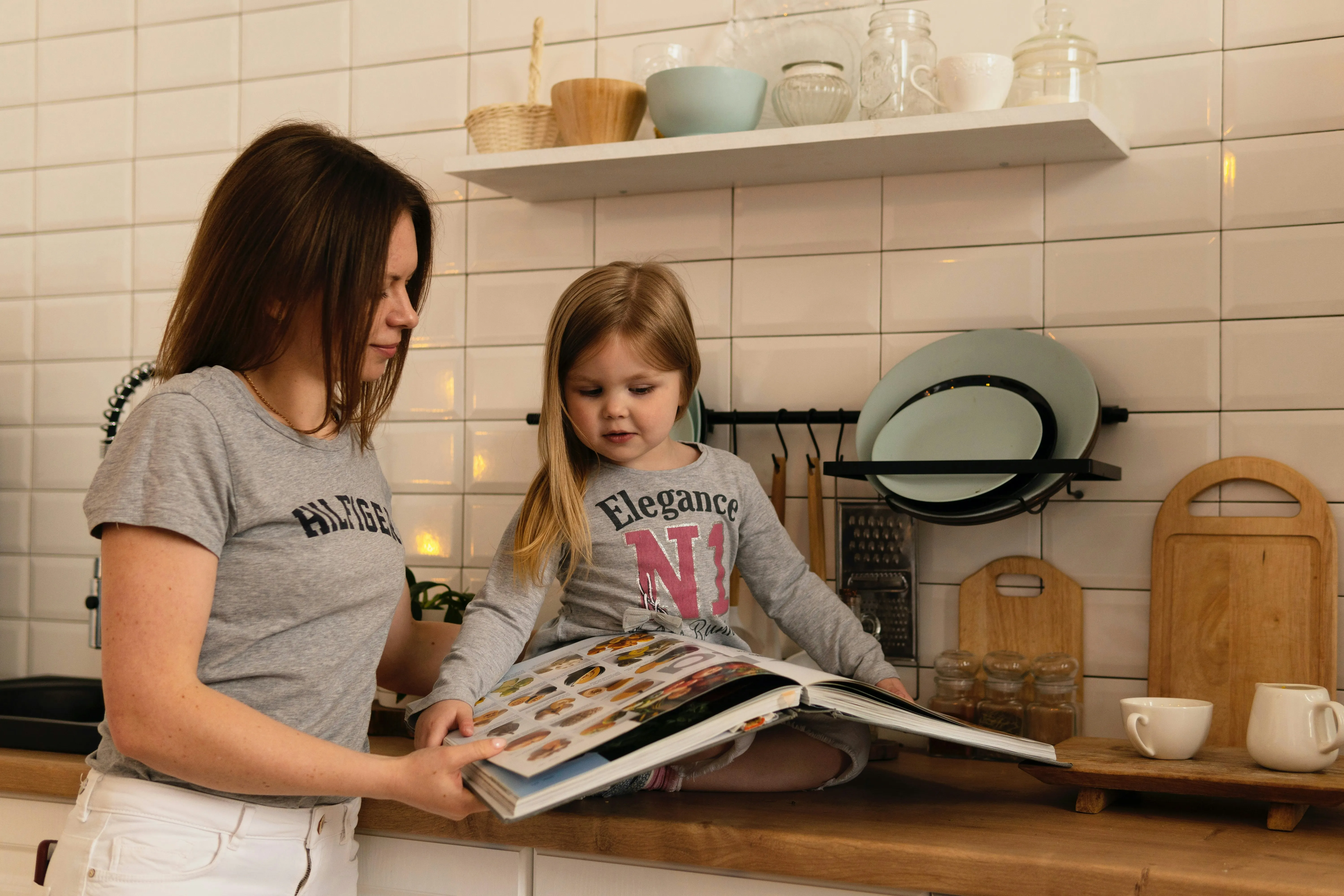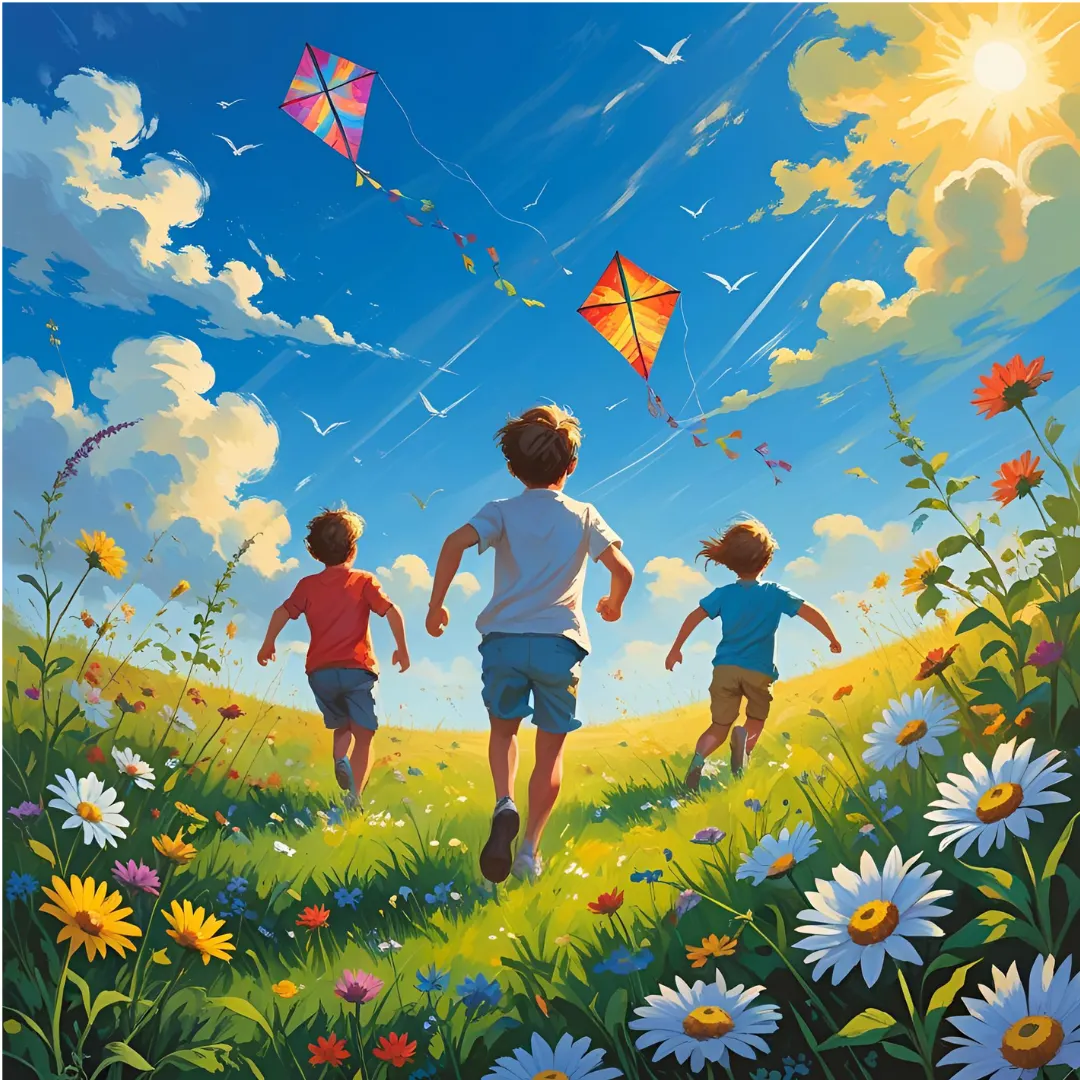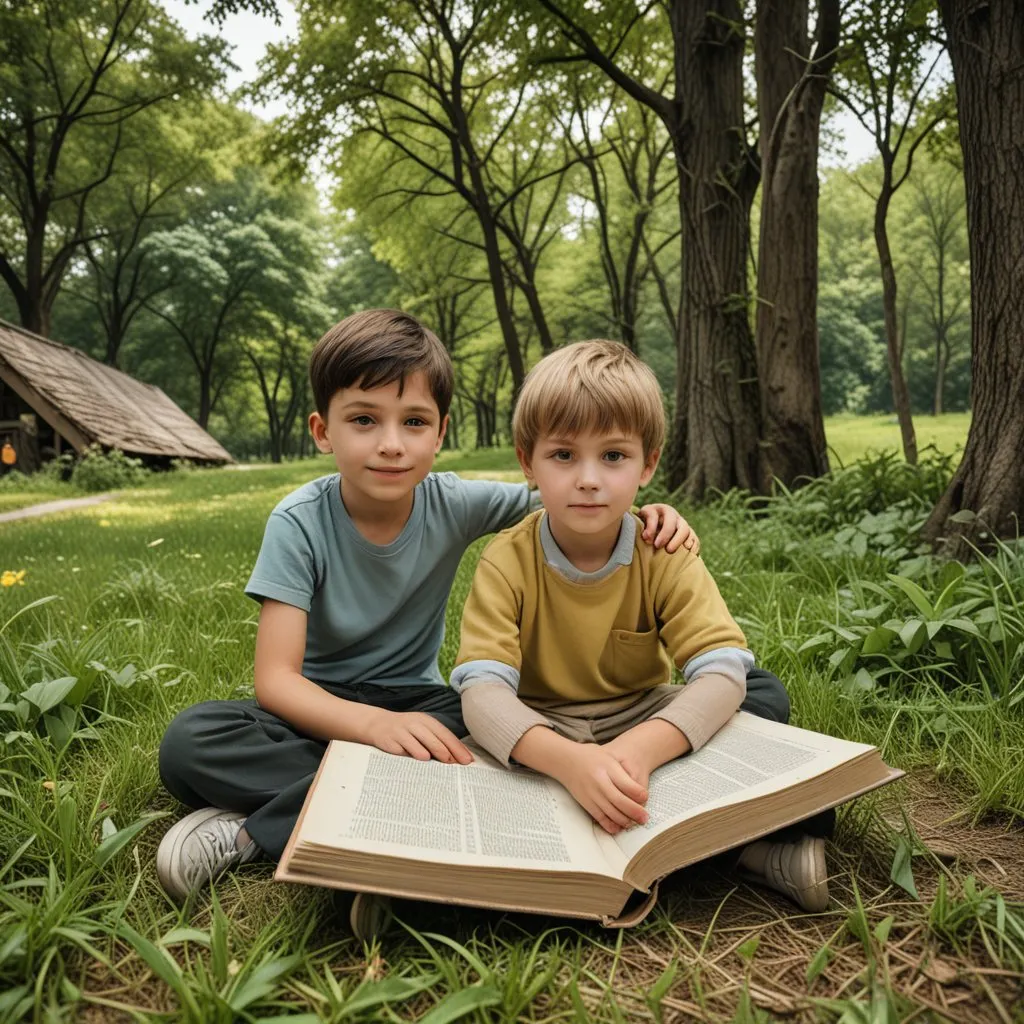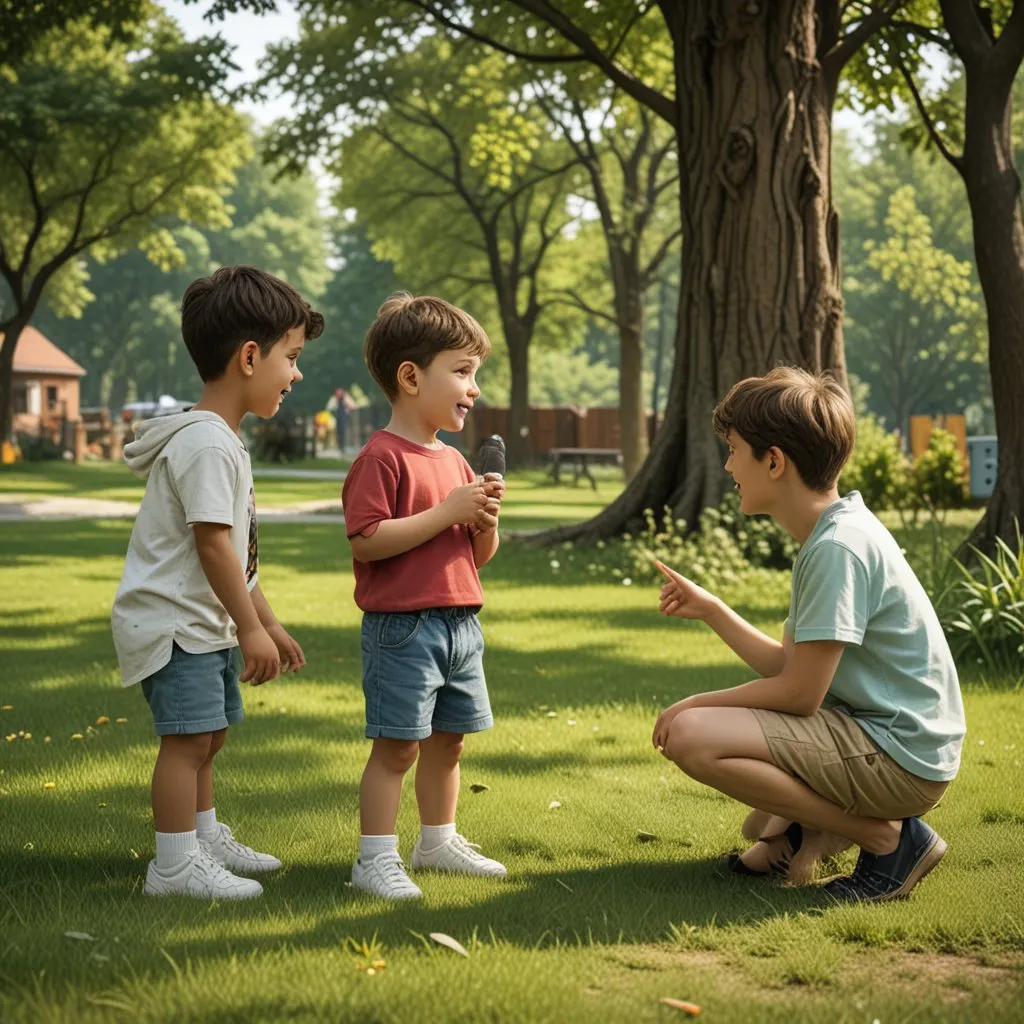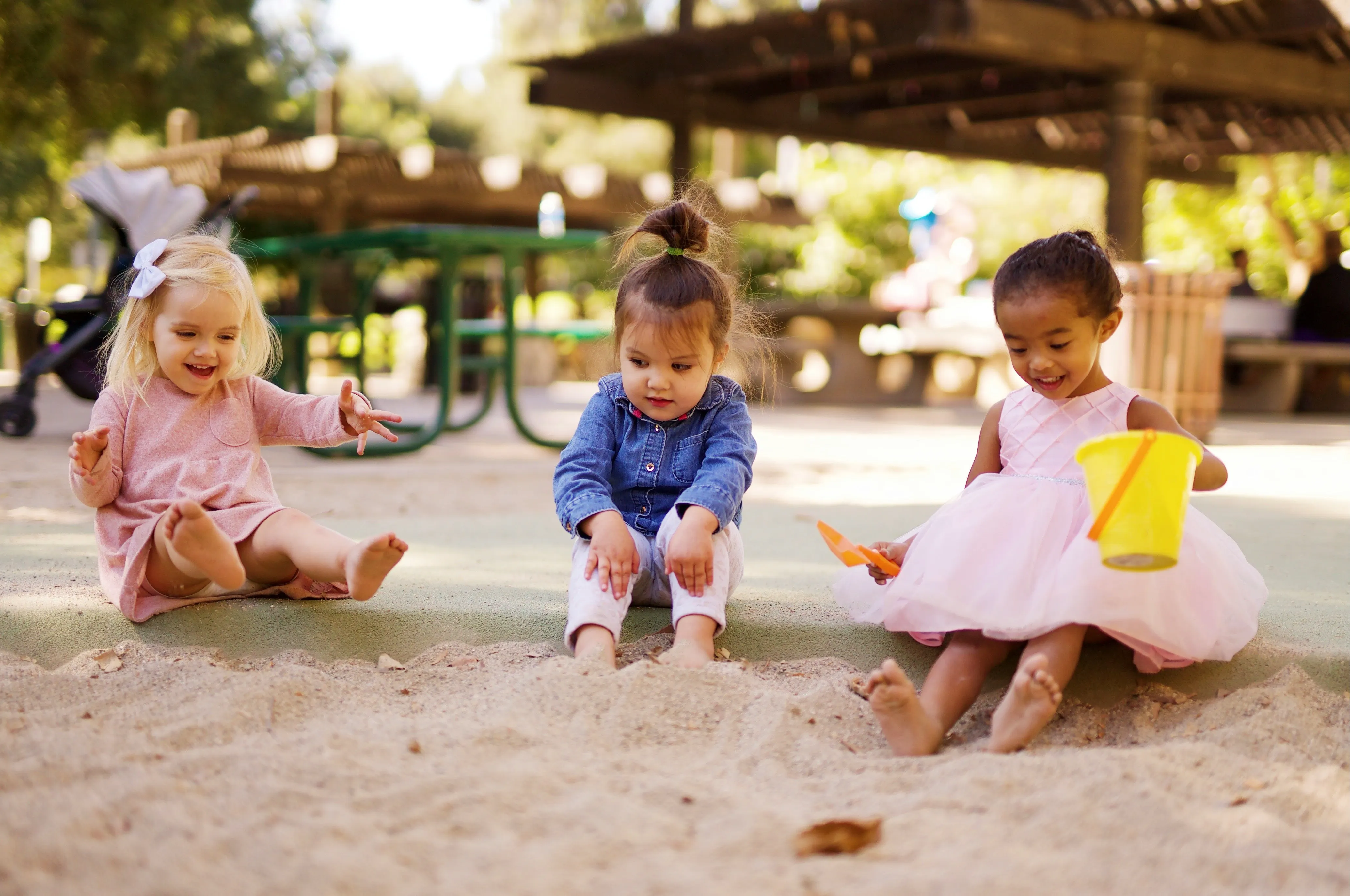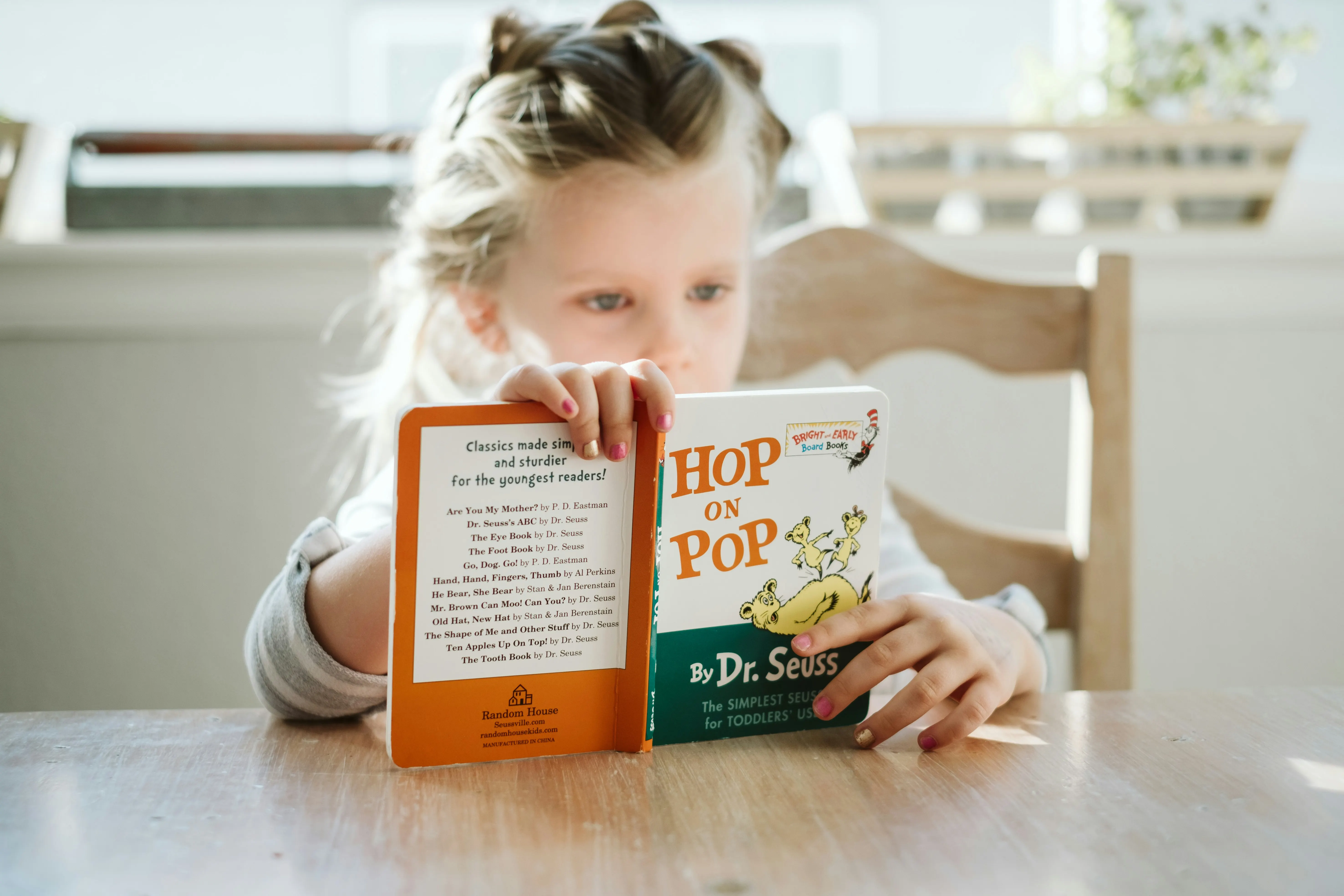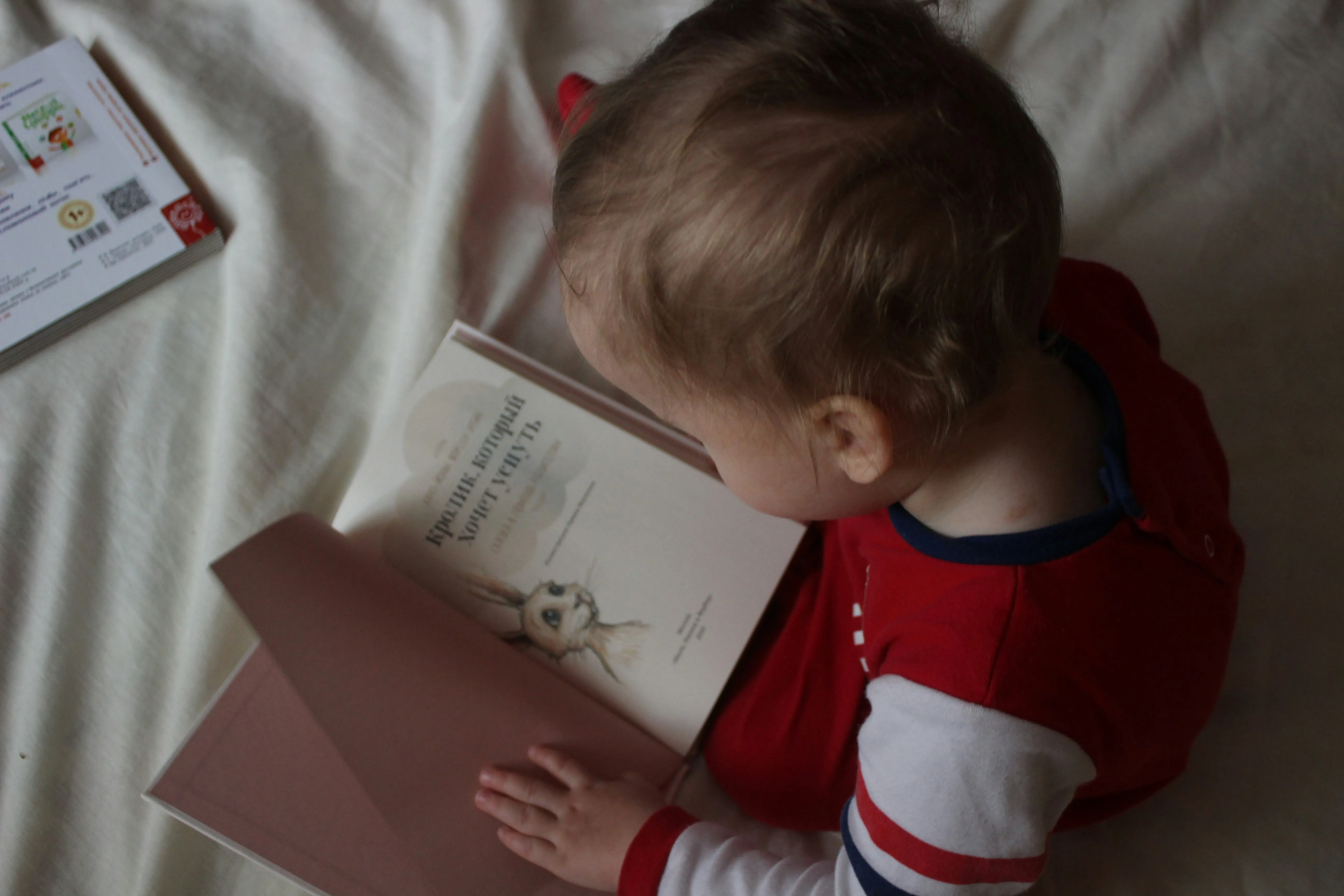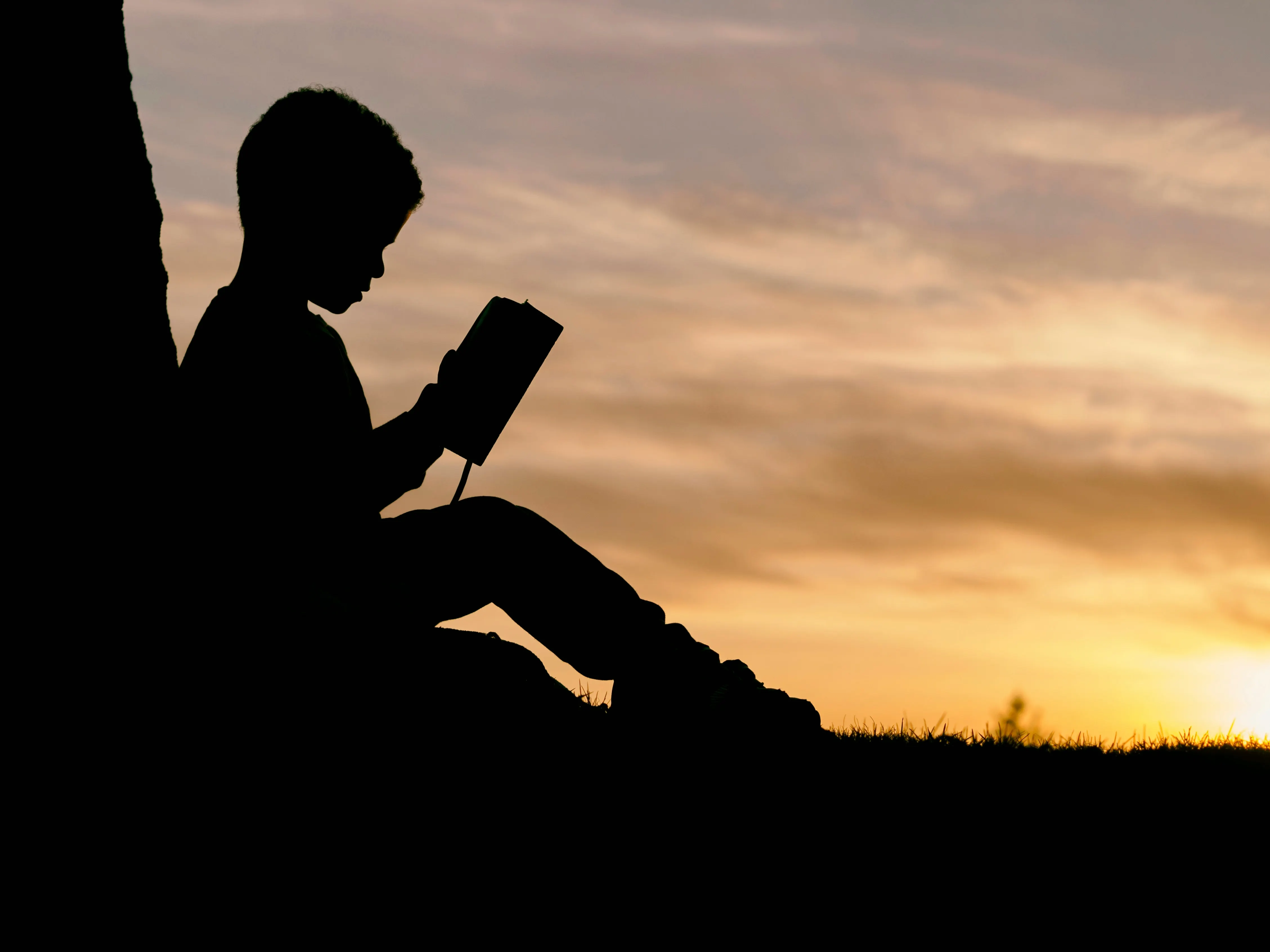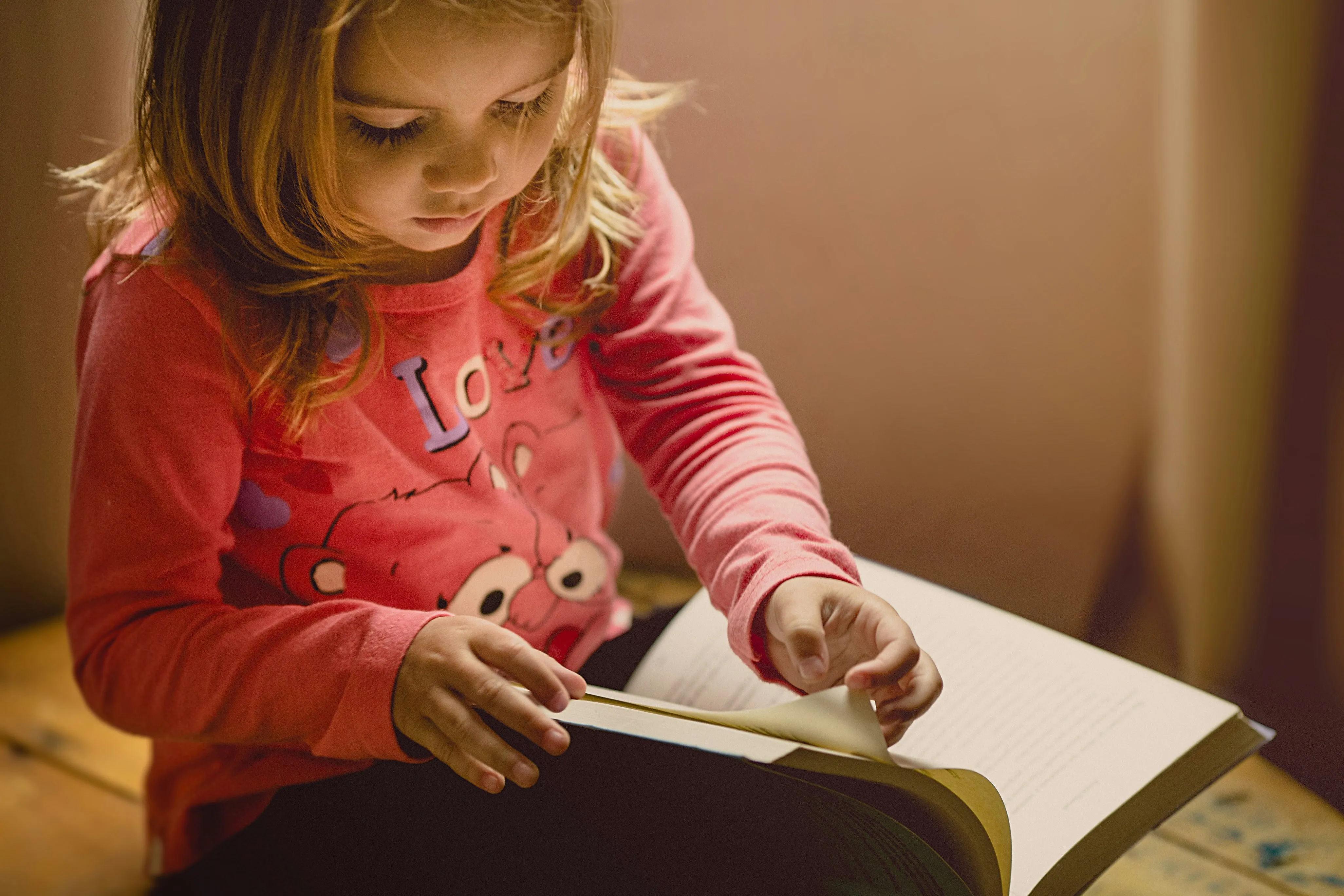Fun Learning Ideas: Educational Activities for Toddlers
Engaging Educational Activities for Toddlers
Key Highlights
- Encourage your toddler's learning with these fun educational activities that can be done at home.
- Interactive storytelling with personalized books helps develop communication and language skills.
- Sensory bins provide a sensory experience and help with fine motor skills.
- Engage your toddler's creativity with arts and crafts projects that focus on fine motor skills and exploring different colours.
- Outdoor nature scavenger hunts promote nature exploration and colour recognition.
- Exploring musical instruments and rhythms helps develop early music skills and introduces different sounds.
Introduction
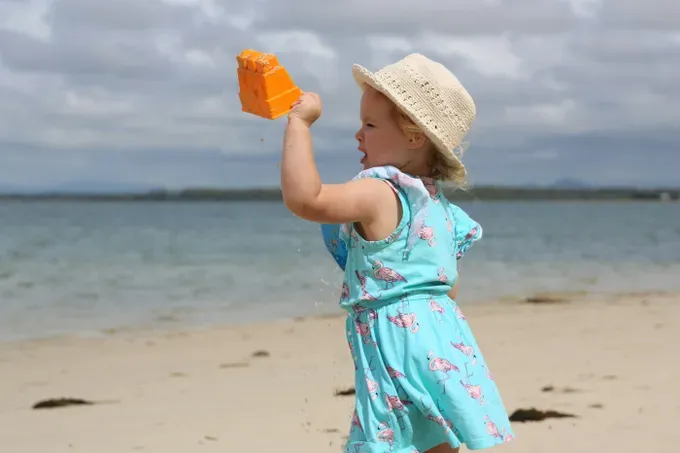
Just because your toddler isn't in elementary school yet, it doesn't mean their path to learning hasn't started. Encouraging them to experiment with the concepts behind math, reading, science, and even engineering and social studies can be a fun and educational experience. These easy activity ideas can be done at home and most of them can be done with items that you already have around the house, making them perfect for unexpected rainy days or when you need some engaging indoor activities for the kids.
It's important to provide opportunities for toddlers to engage in educational activities that are hands-on, interactive, and developmentally appropriate. By incorporating fun learning ideas into their daily routine, you can help them build a strong foundation for future learning.
In this blog, we will explore five engaging educational activities for toddlers that promote learning in various areas such as cognitive development, motor skills, language skills, and social-emotional skills. These activities include interactive storytelling with personalized books, sensory bins for exploratory play, creative arts and crafts projects, outdoor nature scavenger hunts, and exploring musical instruments and rhythms. We will also introduce a bonus activity using sidewalk chalk to enhance fine motor skills and creativity. Let's dive in and discover the educational potential of these fun activities for kids of all ages, including toddlers.
5 Engaging Educational Activities for Toddlers
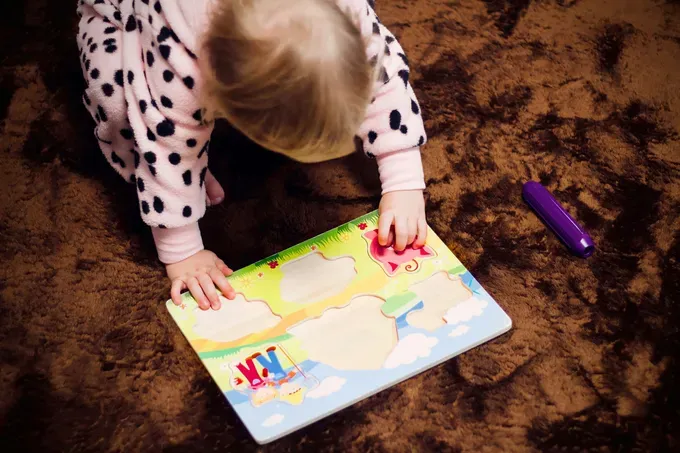
Toddlers are curious learners who thrive on hands-on experiences. Here are five engaging educational activities that can help toddlers learn while having fun:
- Interactive Storytelling with Personalized Books: Reading personalized books with your toddler not only introduces them to new words but also fosters a love for reading and storytelling. As you read together, encourage your toddler to interact with the story by asking questions or making predictions. This activity promotes communication and language skills, as well as cognitive development.
- Sensory Bins for Exploratory Play: Sensory bins provide a sensory experience for toddlers and help develop their fine motor skills. Fill a bin with materials such as rice, sand, or water and add objects for your toddler to explore. They can scoop, pour, and manipulate the materials, stimulating their senses and promoting tactile learning.
- Creative Arts and Crafts Projects: Engaging in arts and crafts projects allows toddlers to express their creativity while developing their fine motor skills. Provide them with materials such as crayons, markers, paper, and glue, and encourage them to create their own masterpieces. This activity also introduces them to different colours, shapes, and textures.
- Outdoor Nature Scavenger Hunts: Take your toddler on a nature scavenger hunt to explore the outdoors and learn about the natural world. Create a list of items for them to find, such as leaves, flowers, rocks, or insects. This activity encourages nature exploration, colour recognition, and observation skills.
- Musical Instruments and Rhythms Exploration: Introduce your toddler to different musical instruments and let them explore the sounds they make. Provide them with simple instruments like drums, shakers, or xylophones, and let them experiment with rhythm and create their own music. This activity helps develop early music skills and introduces them to different sounds and rhythms.
1. Interactive Storytelling with Personalized Books
Interactive storytelling with personalized books is a great way to engage your toddler in learning activities. Personalized books are books that feature your toddler's name and sometimes even their picture. These books not only capture their attention but also make the reading experience more personal and meaningful.
When reading personalized books with your toddler, encourage them to interact with the story through pretend play. Ask questions like "What do you think will happen next?" or "Can you find the red balloon in the picture?" This helps develop their communication and language skills, as well as their ability to make predictions and think critically. Pretend play also helps your child to learn empathy and practice social skills, making it a valuable activity for their overall development.
Furthermore, personalized books introduce your toddler to new words and concepts. As you read, point out and explain unfamiliar words, helping them expand their vocabulary. By making reading interactive and personalized, you are creating a positive association with books and fostering a love for reading from an early age.
2. Sensory Bins for Exploratory Play
Sensory bins provide toddlers with a sensory experience that allows them to explore different textures, colours, and materials. You can create a sensory bin by filling a large container with materials such as rice, sand, water, or even shaving cream.
To make the sensory bin even more engaging, add objects or toys that your toddler can manipulate and play with. For example, you can add plastic animals, scoops, or cups. This not only stimulates their senses but also promotes fine motor skills as they use their hands to scoop, pour, and manipulate the materials.
Sensory bins offer endless possibilities for learning and play. Your toddler can sort objects by colour, size, or shape, or they can use the materials to create their own imaginary play scenarios. This activity encourages exploration, creativity, and problem-solving skills while providing a fun and engaging sensory experience.
3. Creative Arts and Crafts Projects
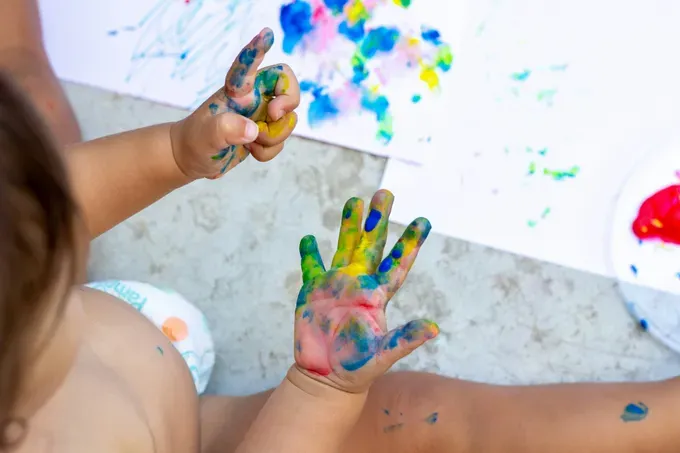
Engaging in creative arts and crafts projects is a wonderful way to foster your toddler's creativity and develop their fine motor skills. Provide them with materials such as crayons, markers, paper, glue, and scissors, and let their imagination soar.
Encourage your toddler to draw, colour, and create their own artwork. This not only allows them to express themselves but also helps develop their fine motor skills as they manipulate the writing and drawing tools. They can experiment with different colours, shapes, and textures, fostering their understanding of the world around them. For older children, engaging in creative arts and crafts projects can also help improve their fine motor skills and communication abilities.
Arts and crafts projects also provide opportunities for parent-child interaction and bonding. Sit down with your toddler and engage in the creative process together. This activity promotes communication, problem-solving skills, and self-expression, while also creating lasting memories.
4. Outdoor Nature Scavenger Hunts
Outdoor nature scavenger hunts are a fun and educational activity for toddlers to explore the natural world around them. Create a list of items for your toddler to find, such as leaves, flowers, rocks, or insects, and go on a hunt together.
As you search for the items, encourage your toddler to observe their surroundings and point out different colours, shapes, and textures. This activity promotes nature exploration and helps develop their observation skills. They will learn to recognize various plants, flowers, and insects, fostering their understanding of the natural world.
Scavenger hunts also provide opportunities for parents to engage in meaningful conversations with their toddlers. You can discuss the items you find, their characteristics, and their role in nature. This activity not only promotes cognitive development but also instills a love for the outdoors and a sense of curiosity.
5. Musical Instruments and Rhythms Exploration
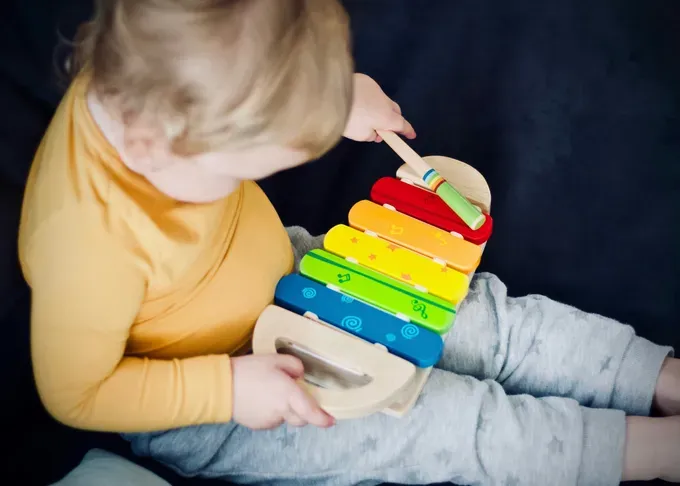
Exploring musical instruments and rhythms is a fantastic way to introduce your toddler to the world of music. Provide them with simple instruments like drums, shakers, or xylophones and let them experiment with creating different sounds and rhythms.
Encourage your toddler to tap or shake the instruments to explore the different sounds they can produce. You can also play music and encourage them to move and dance to the rhythm. This activity helps develop their early music skills, introduces them to different sounds, and promotes rhythm exploration.
Musical activities also provide opportunities for parents and toddlers to bond through shared experiences. Sing songs together, play instruments as a family, and explore different genres of music. This activity fosters a love for music, enhances listening skills, and encourages self-expression.
Delving Deeper into Toddler Educational Activities
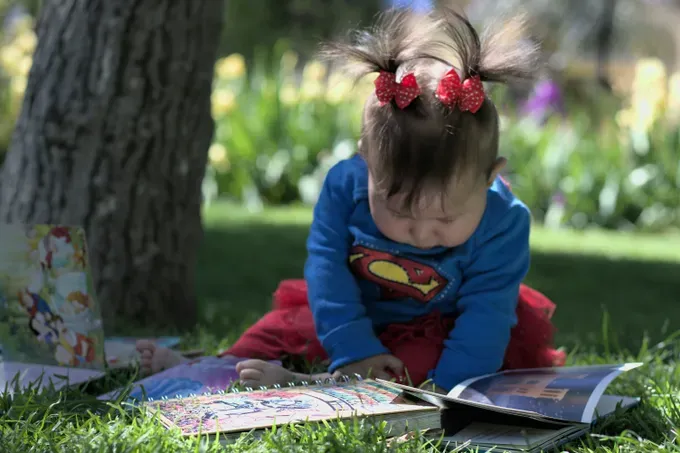
Engaging in educational activities at a young age can have a profound impact on a toddler's development. Here are some key benefits of these activities:
- Cognitive Development: Educational activities promote cognitive development by stimulating problem-solving skills, critical thinking, and memory retention.
- Social Skills: Participating in interactive activities helps toddlers develop social skills such as sharing, taking turns, and cooperating with others.
- Language Skills: Engaging in reading, storytelling, and communication-based activities strengthens language skills and vocabulary.
- Emotional Skills: Educational activities provide opportunities for toddlers to express their emotions, develop self-regulation, and build resilience.
Benefits of Interactive Storytelling
Interactive storytelling with personalized books offers numerous benefits for toddlers:
- Communication Skills: By engaging in interactive storytelling, toddlers develop their communication skills as they listen, respond, and ask questions.
- Introduction to New Words: Reading personalized books introduces toddlers to new words and expands their vocabulary, supporting language development.
- Social Skills: Interactive storytelling provides opportunities for toddlers to engage in conversations, interact with others, and develop social skills.
By incorporating interactive storytelling into your toddler's routine, you can create an enjoyable and educational experience that fosters language development, communication skills, and social interactions.
How Sensory Play Supports Cognitive Development
Sensory play, such as playing with sensory bins, supports cognitive development in toddlers:
- Cognitive Stimulation: Sensory play engages multiple senses, stimulating the brain and promoting cognitive development.
- Problem Solving: Sensory play encourages toddlers to explore, experiment, and problem-solve, fostering critical thinking skills.
- Fine Motor Skills: Manipulating materials in sensory bins, such as pouring, scooping, and pinching, helps develop fine motor skills.
- Sensory Processing: Sensory play allows toddlers to process and make sense of the information they receive from their environment, enhancing cognitive skills.
By providing sensory play opportunities, you are supporting your toddler's cognitive growth, problem-solving abilities, and fine motor skills development.
Encouraging Creativity through Arts and Crafts
Engaging in arts and crafts projects encourages creativity and motor skills development in toddlers:
- Creative Expression: Arts and crafts projects provide a platform for toddlers to express their creativity and imagination through drawing, colouring, and creating.
- Fine Motor Skills: Holding and using art materials, such as crayons and scissors, helps develop fine motor skills and hand-eye coordination.
- Exploration of Colours: Arts and crafts activities introduce toddlers to different colours, allowing them to explore and identify various hues and shades.
By encouraging your toddler to engage in arts and crafts projects, you are fostering their creativity, fine motor skills, and colour recognition abilities.
Learning about Nature on Scavenger Hunts
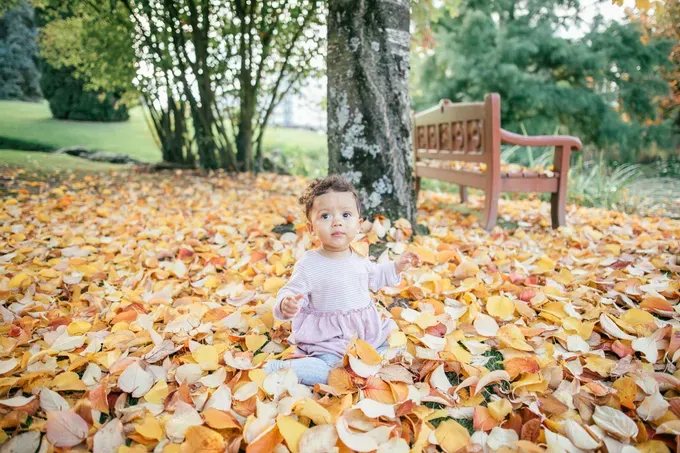
Outdoor nature scavenger hunts provide opportunities for toddlers to learn about the natural world:
- Nature Exploration: Scavenger hunts encourage toddlers to explore and observe nature, fostering an understanding and appreciation for the environment.
- Observation Skills: Searching for specific items in nature helps develop toddlers' observation skills and attention to detail.
- Colour Recognition: Scavenger hunts can include items of different colours, promoting colour recognition and discrimination abilities.
By engaging in scavenger hunts, toddlers learn about nature, develop their observation skills, and enhance their ability to recognize and differentiate colours.
Developing Early Music Skills with Instruments
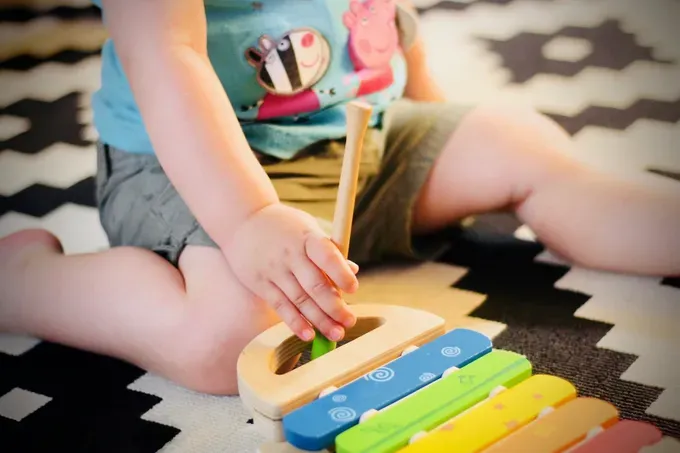
Exploring musical instruments and rhythms supports the development of early music skills in toddlers:
- Music Skills: Playing with musical instruments introduces toddlers to basic music skills, such as rhythm, beat, and melody.
- Instrument Exploration: Experimenting with different instruments helps toddlers identify and recognize different sounds and tones.
- Fine Motor Skills: Manipulating musical instruments, such as tapping a drum or shaking a shaker, enhances fine motor skills and hand-eye coordination.
By encouraging your toddler to explore musical instruments, you are fostering their early music skills, introducing them to different sounds, and promoting their fine motor skills development.
Implementing Educational Activities at Home
Implementing educational activities at home is easy and can be incorporated into your toddler's everyday life. Here are some tips for implementing educational activities at home:
- Create a learning environment: Set up a dedicated space or area in your home for educational activities, with materials and resources readily available.
- Incorporate learning into daily routines: Use everyday activities, such as mealtime or bathtime, as opportunities for learning and engaging with your toddler.
- Keep it simple: Choose easy and age-appropriate activities that align with your toddler's interests and abilities.
By incorporating educational activities into your daily routine, you are providing your toddler with opportunities for learning and growth in a familiar and comfortable setting.
Setting Up a Reading Nook for Storytime
Setting up a reading nook for storytime is a great way to introduce toddlers to the world of books and expand their vocabulary. Choose a cozy corner in your home where you can create a comfortable space with soft pillows, a small bookshelf, and a rug. Fill the bookshelf with age-appropriate books, including a variety of genres and topics.
During storytime, encourage toddlers to sit in the reading nook and explore the books. Use different voices and tones while reading to make it engaging and fun. As you read, point out new words and explain their meanings. This will help toddlers develop their language skills and expand their vocabulary.
To make storytime even more interactive, ask questions about the story and encourage toddlers to express their thoughts and ideas. This will promote critical thinking and comprehension skills.
Creating Simple DIY Sensory Bins
DIY sensory bins are a fun and educational activity for toddlers that provide a sensory experience and promote fine motor skills. To create a sensory bin, choose a container with high sides and fill it with materials that stimulate the senses, such as rice, sand, or water beads. Add in different objects like small toys, scoops, and cups for exploration.
Toddlers can use their hands to feel the different textures, pour and scoop the materials, and engage in imaginative play. This activity helps develop their fine motor skills, hand-eye coordination, and cognitive abilities.
You can theme the sensory bins based on your child's interests or learning goals. For example, a farm-themed sensory bin can include toy animals, fake grass, and small containers for "feeding" the animals. This not only provides a sensory experience but also introduces them to new concepts and encourages imaginative play.
Organizing an Indoor Crafts Corner
Setting up an indoor crafts corner is a great way to engage toddlers in creative arts and explore different colours. Dedicate a space in your home where your child can freely express their creativity. Set up a table or a designated area with art supplies like crayons, markers, coloured pencils, paper, glue, scissors, and pipe cleaners for so much fun.
Encourage toddlers to engage in different art activities like drawing, colouring, painting, and collage-making. Provide them with a variety of materials like construction paper, tissue paper, buttons, and yarn to foster their imagination.
You can also incorporate learning into these art activities by introducing colours and shapes. For example, ask your child to draw a red circle or a blue square. This will help them develop their recognition of different colours and shapes while having fun.
Make sure to display your child's artwork in the crafts corner or around the house to boost their confidence and creativity.
Planning a Family Nature Walk

A family nature walk is a great activity to get toddlers outdoors, engage in physical activity, and explore the wonders of nature. Choose a nearby park, nature trail, or even your backyard to embark on this adventure.
Before the walk, create a scavenger hunt list for your toddler. Include items like leaves, rocks, flowers, and different types of birds or insects. As you walk, encourage your child to find and collect these items. This will help them develop their observation skills, learn about different plants and animals, and enhance their appreciation for nature.
Take this opportunity to talk about the different sounds, smells, and textures they encounter during the walk. You can also introduce basic concepts like counting the number of leaves they find or identifying different colours in nature.
Family nature walks not only provide a fun outdoor activity but also foster a sense of curiosity and connection with the natural world.
Making Homemade Musical Instruments
Making homemade musical instruments is a creative and educational activity for toddlers that allows them to explore rhythm and different sounds. You can use everyday household items to create instruments like shakers, drums, and tambourines.
For example, fill an empty water bottle with rice or beans to create a shaker. Decorate the bottle with colourful tape or stickers to make it visually appealing. Toddlers can shake the bottle to explore different rhythms and sounds. Experiment with different filler for different sounds.
Another idea is to use a plastic container or a pot as a drum. Encourage your child to tap on the surface with their hands or use wooden spoons as drumsticks. This activity promotes hand-eye coordination, rhythm exploration, and creativity.
You can also create a tambourine using paper plates, jingle bells, and staplers. Toddlers can shake the tambourine to create different sounds and develop their motor skills.
Playing homemade musical instruments is not only fun but also helps toddlers develop a sense of rhythm, coordination, and an appreciation for music.
Overcoming Challenges in Toddler Education
Educating toddlers can sometimes come with challenges, but with the right approach, these challenges can be overcome. One challenge is understanding and accommodating different learning styles. Some toddlers may learn best through hands-on activities, while others may prefer visual or auditory learning. By incorporating a variety of educational activities and materials, you can cater to different learning styles and ensure that your child is engaged and learning.
Another challenge is finding a balance between screen time and active play. While technology can be a valuable educational tool, it's important to limit screen time and encourage toddlers to engage in active play, which promotes physical development and social interaction.
Keeping Toddlers Engaged in Activities
Keeping toddlers engaged in activities is essential for their development and learning. Toddlers have short attention spans, so it's important to provide activities that are stimulating, interactive, and fun.
One way to keep toddlers engaged is by incorporating their interests into the activities. If your child loves animals, for example, incorporate animal-themed activities like pretending to be different animals or creating animal-themed crafts.
Another way to keep toddlers engaged is by providing a variety of activities that cater to different developmental areas. Include activities that promote cognitive, physical, social, and emotional skills. This could include puzzles, building blocks, imaginative play, sensory activities, and art projects.
Remember to keep the activities age-appropriate and allow for flexibility and exploration. Follow your child's lead and adapt the activities based on their interests and developmental stage.
Adapting Activities for Different Learning Styles
Every child has a different learning style, and it's important to adapt activities to cater to their individual needs. Some children may be visual learners, while others may be kinesthetic or auditory learners.
For visual learners, provide activities that incorporate visual aids like flashcards, diagrams, or videos. These can help them understand and retain information more effectively.
For kinesthetic learners, offer hands-on activities that allow them to engage their senses and actively participate in the learning process. Sensory bins, puzzles, and building blocks are great options for kinesthetic learners.
For auditory learners, incorporate songs, rhymes, and verbal instructions into the activities. Listening to stories or engaging in conversations can also be beneficial for auditory learners.
By adapting activities to different learning styles, you can ensure that every child has the opportunity to learn and thrive.
Conclusion
Engaging toddlers in educational activities fosters holistic development. From interactive storytelling to sensory play, these activities spark curiosity and enhance cognitive skills. Encourage creativity through arts and crafts, explore nature on scavenger hunts, and introduce musical rhythms for early music exposure. Implementing these activities at home creates a nurturing learning environment. Overcome challenges by adapting activities to different learning styles and balancing screen time with active play. Share these fun learning ideas on social media to inspire other parents and caregivers on their educational journey with toddlers.
Frequently Asked Questions
What are some fun and educational activities for toddlers?
Some fun and educational activities for toddlers include creating sensory bins, setting up an indoor crafts corner, going on nature walks, making homemade musical instruments, and setting up a cozy reading nook for storytime. These activities promote fine motor skills, sensory experiences, and cognitive development.
What are some educational activities for toddlers that promote cognitive development?
Educational activities that promote cognitive development in toddlers include sensory play, such as exploring different textures and materials, interactive storytelling, which encourages imagination and language development, and activities that develop fine motor skills, such as puzzles and building blocks.
What are some quick and simple educational activities that can be done?
Some quick and easy educational activities for toddlers include sensory bins, which can be set up with common household materials, engaging in creative arts such as drawing or painting, and incorporating educational elements into everyday activities, such as counting or identifying shapes during snack time.
How can I integrate learning into daily play?
You can incorporate learning into everyday play by integrating educational activities into everyday life. This can include counting or sorting objects during snack time, incorporating learning concepts into imaginative play, and using books and storytelling to introduce new ideas and vocabulary.
Related Articles:
Personalized Learning for Kids: Children's Personal Books
Fostering Curiosity during Early Childhood: Enhancing Cognitive Development
Citations
Interactive Storytelling with Personalized Books:
- https://www.goodhousekeeping.com/childrens-books/personalized-books-for-kids
Sensory Bins for Exploratory Play:
- https://www.messylittlemonster.com/2017/05/sensory-bins-for-toddlers.html
- https://www.verywellfamily.com/benefits-of-sensory-play-4177717
Creative Arts and Crafts Projects:
- https://www.parents.com/fun/arts-crafts/kid/craft-ideas-for-toddlers
- https://www.naeyc.org/resources/topics/art
Outdoor Nature Scavenger Hunts:
- https://www.funathomewithkids.com/2014/05/outdoor-scavenger-hunt-for-kids.html
- https://www.happyyouhappyfamily.com/nature-walk-benefits-kids
Musical Instruments and Rhythms Exploration:
- https://www.babycentre.co.uk/a548831/simple-musical-instruments-for-toddlers
- https://www.verywellfamily.com/why-music-education-matters-for-toddlers-4177786
Bonus Activity - Sidewalk Chalk for Creativity:
- https://www.craftymorning.com/sidewalk-chalk-activities-for-kids/
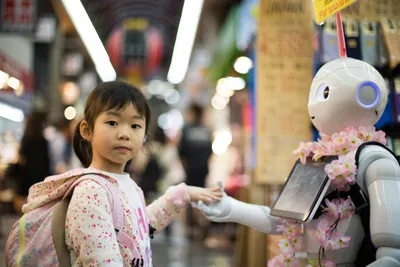
Made by Augmented Intelligence with Shiner the Human

